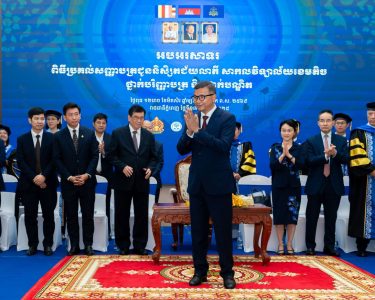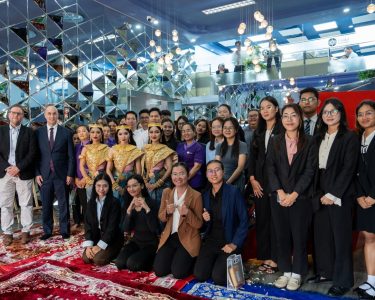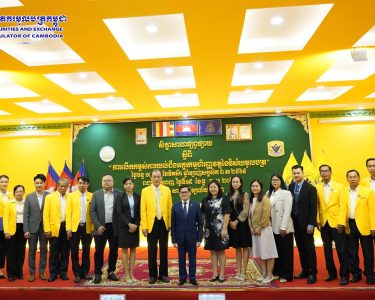Cambodia Investment Review
Cambodia and Israel have formalized a new Memorandum of Understanding (MoU) aimed at expanding their collaboration in education, youth, and culture, with a focus on technology studies and scholarships. The agreement, signed on February 20, 2024, by Cambodia’s Deputy Prime Minister and Minister of Education, Youth, and Sport, H.E. Professor Hang Chuon Naron, and Israel’s Ambassador to Cambodia, H.E. Orna Sagiv, marks a significant step in strengthening bilateral ties and fostering academic cooperation.
Strengthening Academic and Technological Exchange
For years, Cambodian students have participated in agricultural internships in Israel, gaining hands-on experience and contributing to the growth of Cambodia’s agricultural sector. Building on this foundation, the latest MoU introduces new opportunities for Cambodian students to pursue higher education at some of Israel’s leading technological universities, many of which are globally recognized for their excellence in science and innovation.
Under this initiative, scholarships will be available for Cambodian students, allowing them to access advanced technical education in fields such as engineering, computer science, and robotics. This move is expected to equip young Cambodian talents with the necessary skills to support the country’s digital transformation and technological advancement.
The Cambodia-Israel Chamber of Commerce (CICC), led by President Moran Hadad, is playing a central role in facilitating this collaboration. Established to strengthen economic and technological ties between the two nations, the CICC is committed to enhancing Cambodia’s educational landscape by integrating Israel’s successful educational models, including excellence assessments and innovative teaching methodologies.
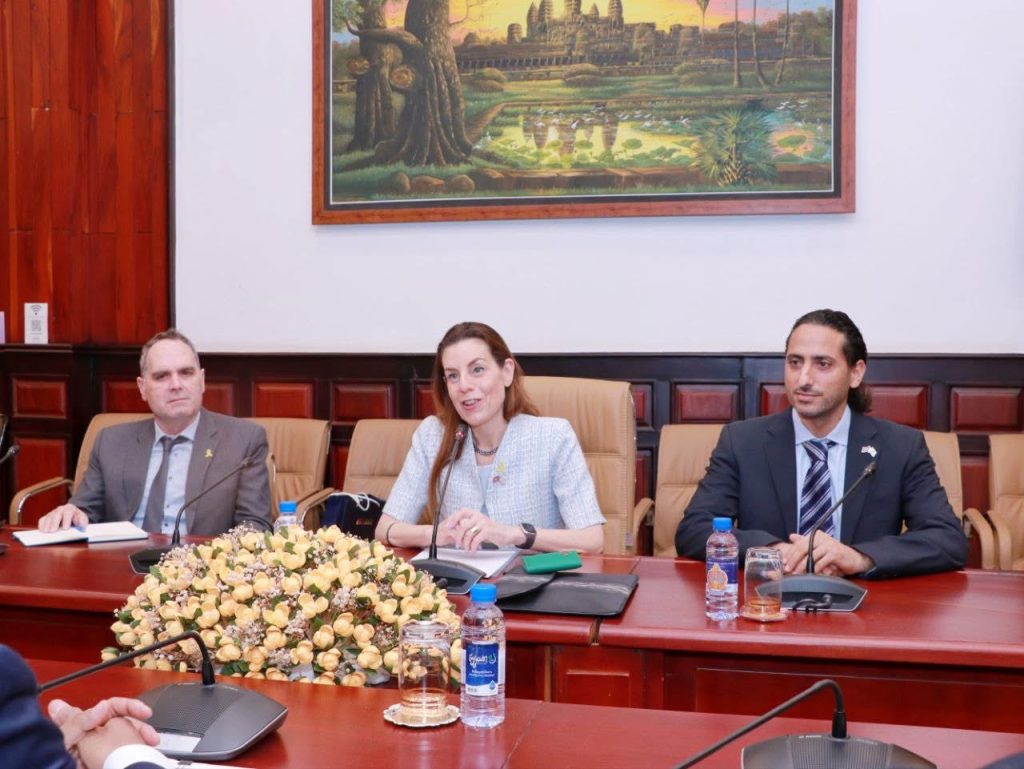
Learning from Israel’s Gifted Education System
A key aspect of this partnership is the potential integration of elements from Israel’s Gifted Education System, which has been instrumental in the country’s technological growth and innovation. Some of the system’s core features include:
- Early identification – Israel employs systematic screening methods from as early as second grade to recognize gifted students and provide them with specialized educational opportunities.
- Flexible learning models – Programs range from dedicated gifted classes within regular schools to enrichment programs that take place once a week, catering to different learning preferences.
- Comprehensive curriculum – Beyond traditional subjects, students engage in advanced fields such as robotics, artificial intelligence, and foreign languages, fostering a well-rounded education.
By incorporating similar strategies, Cambodia aims to nurture its brightest students and prepare them for leadership roles in science, technology, and entrepreneurship.
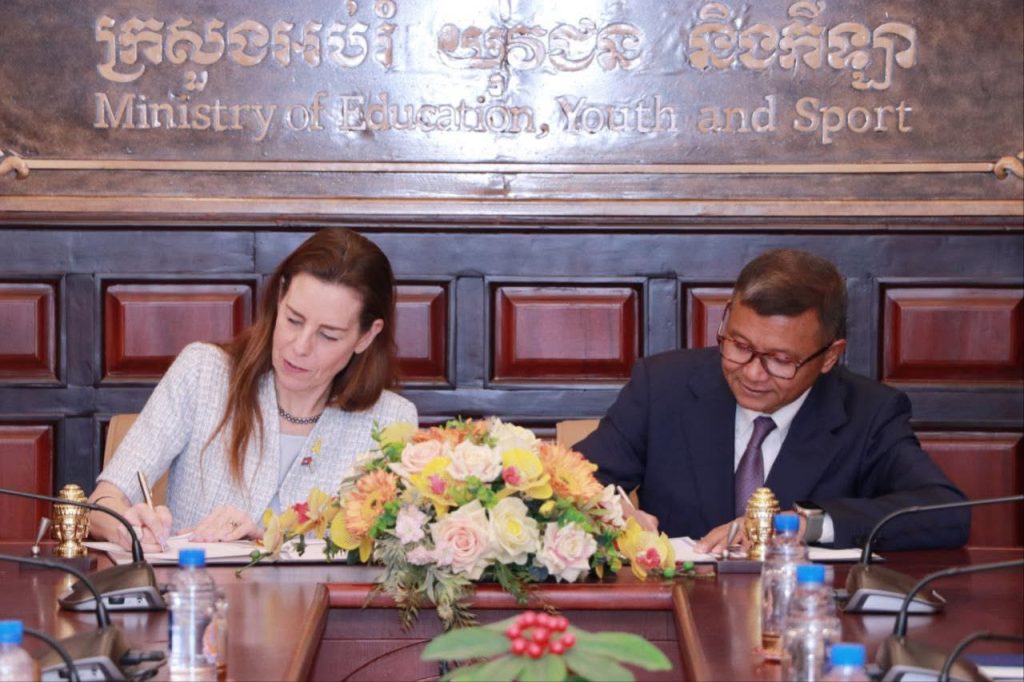
A Vision for Cambodia’s Future
Moran Hadad, president of the CICC, said that by adopting similar strategies, Cambodia could enhance its educational system, support the development of gifted youth, and lay the foundation for its emergence as a regional innovation hub.
“We are fully committed to this goal and are working tirelessly to help Cambodia fulfill its potential. Regularly working with young local entrepreneurs gives us confidence in this vision for the future,” Hadad said.
This initiative aligns with Cambodia’s broader strategy to modernize its education sector and enhance youth engagement, paving the way for a more dynamic and technology-driven economy. With stronger educational partnerships and access to world-class learning opportunities, Cambodia is positioning itself as a future player in regional innovation and technological development.



